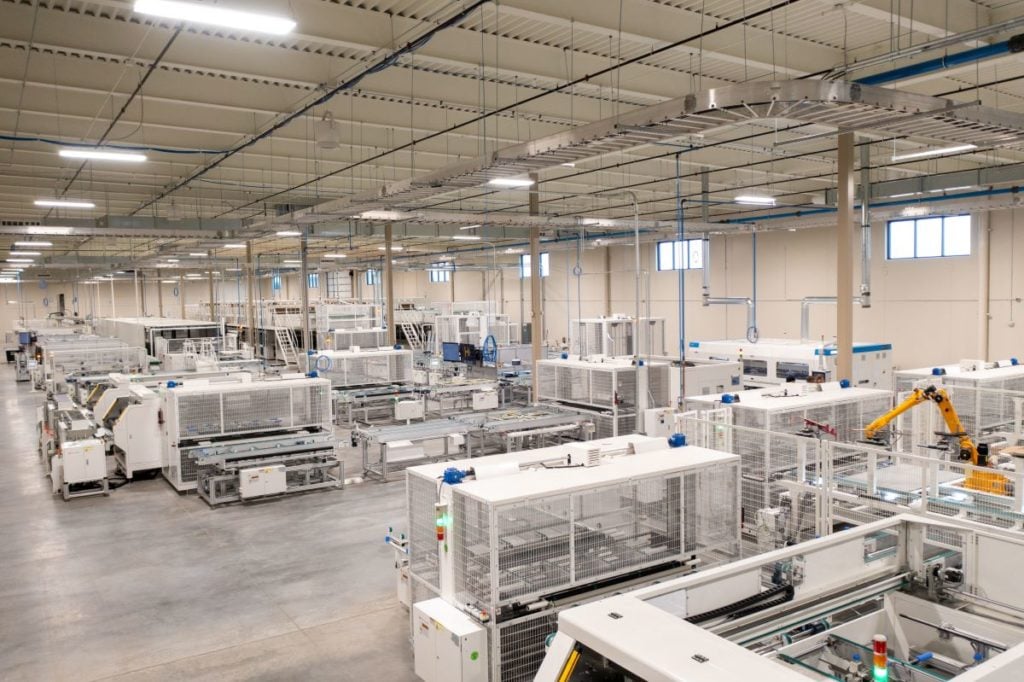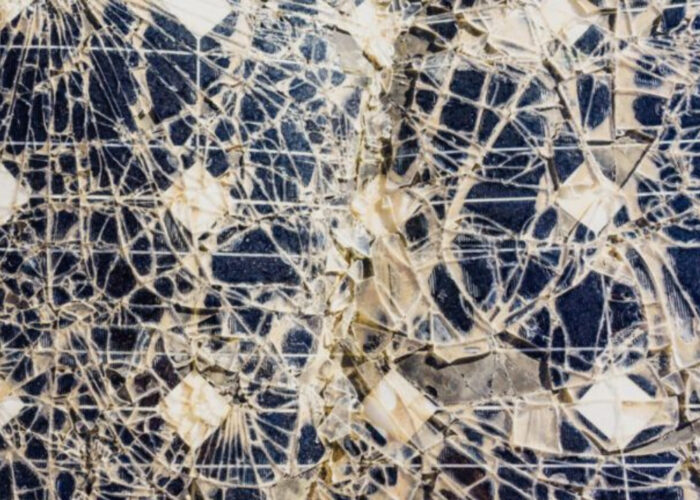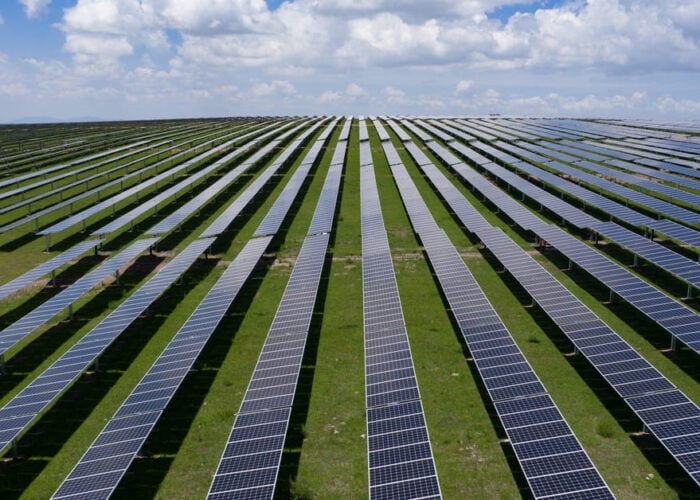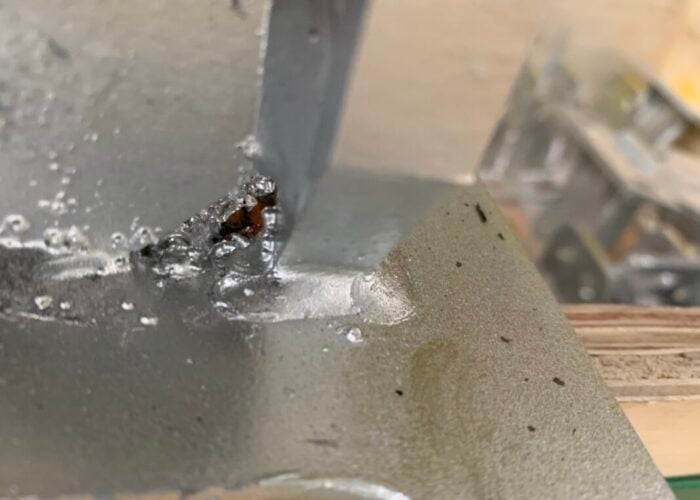
US manufacturers Suniva, Heliene and Corning have announced plans to build modules for sale to the US market, which will be the only modules available with polysilicon, wafers and cells to be manufactured in the US.
Corning will supply wafers and polysilicon to the project, Suniva will contribute monocrystalline silicon solar cells and Heliene will build the modules. The wafers and polysilicon will be made in Michigan, while the cells will be made in Georgia, meaning two-thirds of the final product will be made with domestically-produced components, the highest percentage on the market.
Try Premium for just $1
- Full premium access for the first month at only $1
- Converts to an annual rate after 30 days unless cancelled
- Cancel anytime during the trial period
Premium Benefits
- Expert industry analysis and interviews
- Digital access to PV Tech Power journal
- Exclusive event discounts
Or get the full Premium subscription right away
Or continue reading this article for free
While the companies have not announced further details of these products, such as module specifications or cell technologies, a product with such a high percentage of domestically-produced components is an important proof of concept in the US’ efforts to domesticate its clean energy manufacturing sector.
Corning noted that this high percentage will make the modules more attractive to solar developers, offering a “significant advantage” through the Investment Tax Credit, a key component of the Inflation Reduction Act (IRA) that has sought to incentivise greater domestic production of renewable energy materials and components.
Figures from the Solar Energy Industries Association (SEIA) estimate that, without these incentives, the US clean energy manufacturing industry could lose up to US$66 billion in new investments, and US$50 billion from international exports, and these figures have been used to urge president Donald Trump to not withdraw federal support for manufacturing initiatives such as these.
“This partnership is a significant milestone for the US solar industry,” said Martin Pochtaruk, Heliene CEO. “By combining our strengths, we are able to deliver not only a high-performance module but also support the domestic economy and American job creation.”
The news follows a raft of announcements from the three companies involved, including Heliene and Suniva collaborating on the first crystalline solar modules to use cells made in the US last year. In more recent months, Heliene has signed a further module supply deal with Origami Solar and Corning announced plans to build its Michigan manufacturing facility, which amounted to a US$900 million investment.






